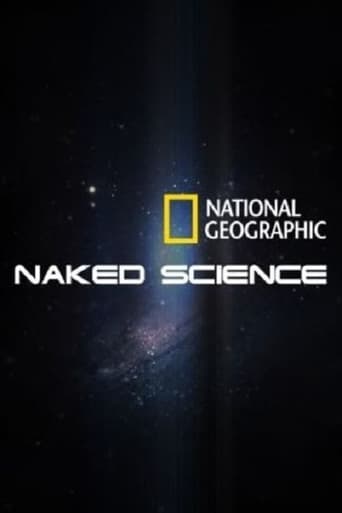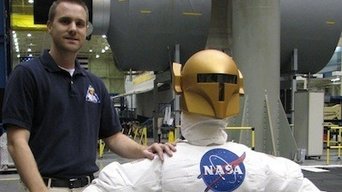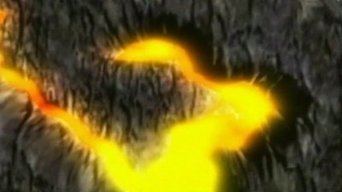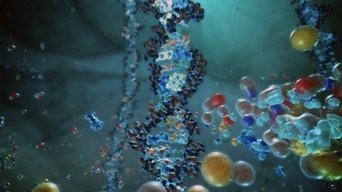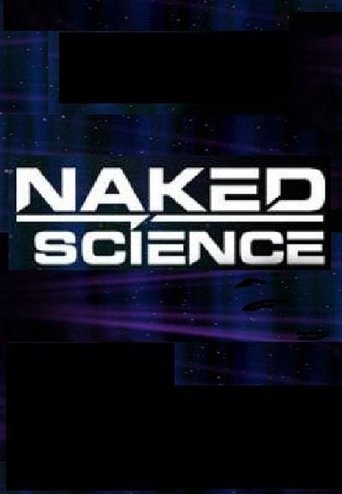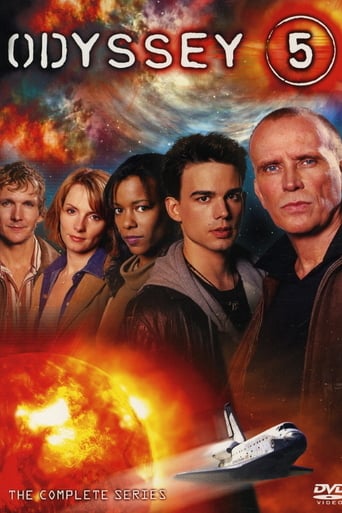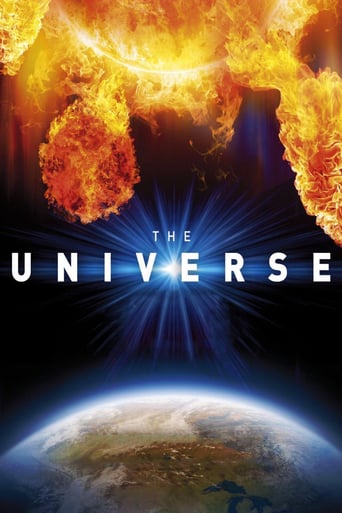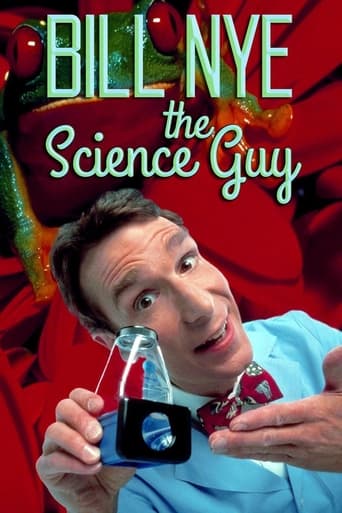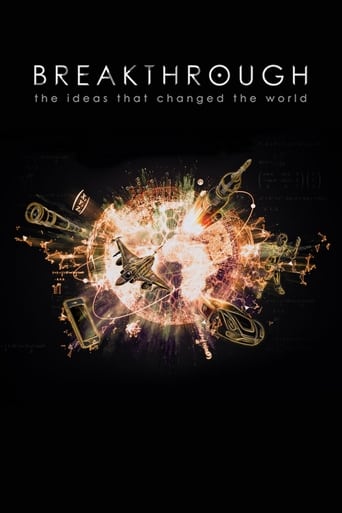Naked Science Season 7
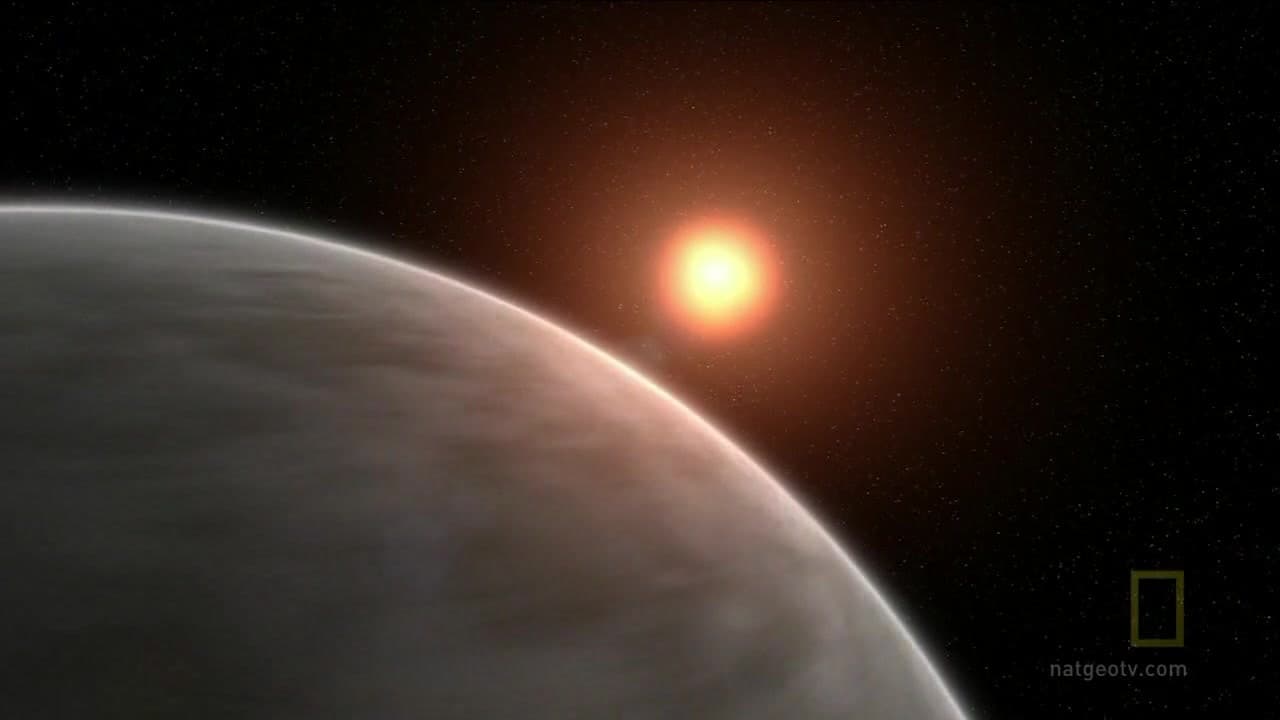
Naked Science is an American documentary television series that premiered in 2004 on the National Geographic Channel. The program features various subjects related to science and technology. Some of the views expressed might be considered fringe or pseudo-science, and some of the scientists may present opinions which have not been properly peer-reviewed or are not widely accepted within their scientific communities, in particular on topics such as Bermuda Triangle or Atlantis for example.
Watch NowWith 30 Day Free Trial!
Naked Science
2004 / TV-G
Naked Science is an American documentary television series that premiered in 2004 on the National Geographic Channel. The program features various subjects related to science and technology. Some of the views expressed might be considered fringe or pseudo-science, and some of the scientists may present opinions which have not been properly peer-reviewed or are not widely accepted within their scientific communities, in particular on topics such as Bermuda Triangle or Atlantis for example.
Watch Trailer
Naked Science Season 7 Full Episode Guide
Scientists study fragments of a meteorite, hoping to gain insight into the origins of life on Earth. Also: a controversial space rock from Mars is examined at NASA's Johnson Space Center in Houston.
Dead Tired uncovers research exploring whether tiredness may lead to heart attack, diabetes, obesity, and depression. In a unique TV experiment, witness what happens to a healthy 25-year old when he cuts back his sleep from eight to three hours a night for one week. The results are shocking! He loses lucidity, dreams whilst awake and drives a car while fast asleep!
Imagine a world frozen solid. Imagine that vast sheets of ice hundreds of feet thick encased the entire planet--a giant snowball floating through space. This is not some exotic new world deep in space. It may be our world, the Earth. Some top-ranking scientists believe that in the past the Earth froze over completely for millions of years... then warmed up rapidly over 600 million years ago. Struggling against skepticism and disbelief for years, they have gathered a growing body of evidence that explains many mysteries, and others in the scientific community are slowly coming around to the extraordinary idea not just of the dramatic freeze, but of an equally dramatic thaw. Naked Science explores what may have been the most extreme period of Earths climatic history, Meeting all the major players of this controversial theory that is Snowball Earth.
On February 5th 2008 Super Tuesday 57 people lost their lives as 87 tornadoes devastated 5 states. It was Americas deadliest tornado outbreak in nearly a quarter of a century. Tornados are one of the most destructive forces of the planets with winds at 300 mile an hour. They can destroy buildings and hurl cars hundreds of feet through the air. Every year tornadoes decimate communities around the world killing hundreds of people. Planet Science deconstructs a tornado to learn how they form and how the develop such ferocious winds.
Each year, the moon moves an inch and one half farther away from Earth and is gaining momentum. The gravity it exerts on our planet acts as a stabilization mechinism, allowing for a consistent range of temperatures, seasons and days. If the moon moves just ten percent farther, it will cause unbelievable disaster for our planet, as Earth tips up to 90 degrees on its axis.
Thousands of miles below the Earth's surface, a molten core generates a magnetic shield to protect us from solar radiation. But the protection could be fading and may be a sign that the magnetic poles are on the verge of flipping.
Secret World of Fireworks explores the closely held secrets, recipes, and techniques from the world of pyrotechnic showmen. National Geographic takes a behind the scenes look into this exclusive world with unique access from Zambelli Internationale of New Castle, Pennsylvania - Americas First Family of Fireworks - along with rocket scientists and chemists from Los Alamos, New Mexico.
An insider's look at NASA's Constellation program which hopes to establish a human outpost on the moon by 2020.
Does evolution really explain how life on Earth began? For decades, critics have attacked Darwin's theory and supported the case for a designer behind our existence. Could Darwin have been wrong?
National Geographic Naked Science presents "Super Volcano", the inside documentary of what might happen if the Yellowstone Caldera were to erupt one day. This documentary includes a Yellowstone timeline of past eruptions, how Yellowstone would affect the world, and what impact will it be for the U.S.
Since the death of 1,700 people near a lake in Africa, scientists have uncovered a terrifying series of hazards in lakes across the world.
There are numerous theories about how life began on Earth. One thought is that it sprang up in the warm waters of a pond. Another suggests it arrived via comets. A different theory says life sprang from lightening and volcanoes. Scientists demonstrate that a spark of electricity applied to a primordial soup forms amino acids--the building blocks of life.
This episode examines the effects of a hypothetical radiological attack from a car bomb on a major U.S. city. The purpose is to give useful information in the event that such an event should occur. The stories of several characters are told to dramatize the effects on various types of people: those responding in the "hot zone", a person near to the blast whose symptoms develop over time, a pregnant woman who must evacuate, and investigators who comb through debris to determine who set the blast.
With contributions from some of the world's foremost scientists, we examine the newest developments and theories using the latest CGI graphics.
Travel back in time to look at three of the largest mass extinctions that have decimated life on the planet. What caused these wipeouts?
Free Trial Channels
Seasons


